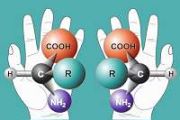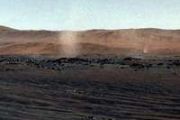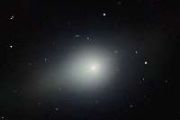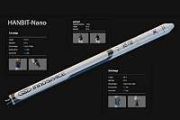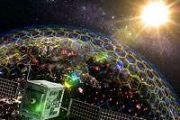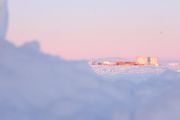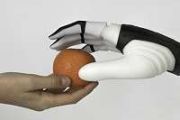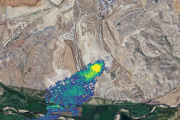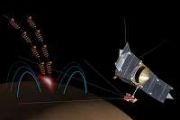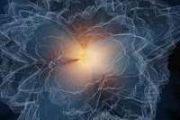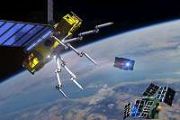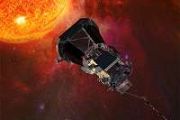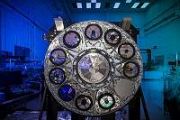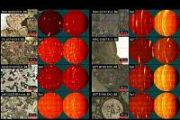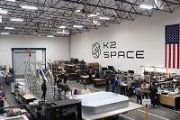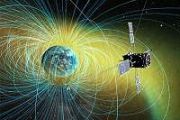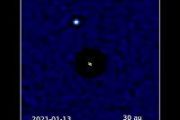
Copernical Team
Gilmour Space Technologies forges head as PM opens new rockets factory
 Gilmour Space Technologies, a leading Australian aerospace company, was honored to welcome Prime Minister Anthony Albanese to their state-of-the-art manufacturing facility today. The visit marked the official unveiling and 'launch' of the Eris rocket, Australia's inaugural domestically developed orbital launch vehicle.
Prime Minister Anthony Albanese expressed his enthusiasm for this remar
Gilmour Space Technologies, a leading Australian aerospace company, was honored to welcome Prime Minister Anthony Albanese to their state-of-the-art manufacturing facility today. The visit marked the official unveiling and 'launch' of the Eris rocket, Australia's inaugural domestically developed orbital launch vehicle.
Prime Minister Anthony Albanese expressed his enthusiasm for this remar Virtual reality brings ESA’s Argonaut Moon lander to life
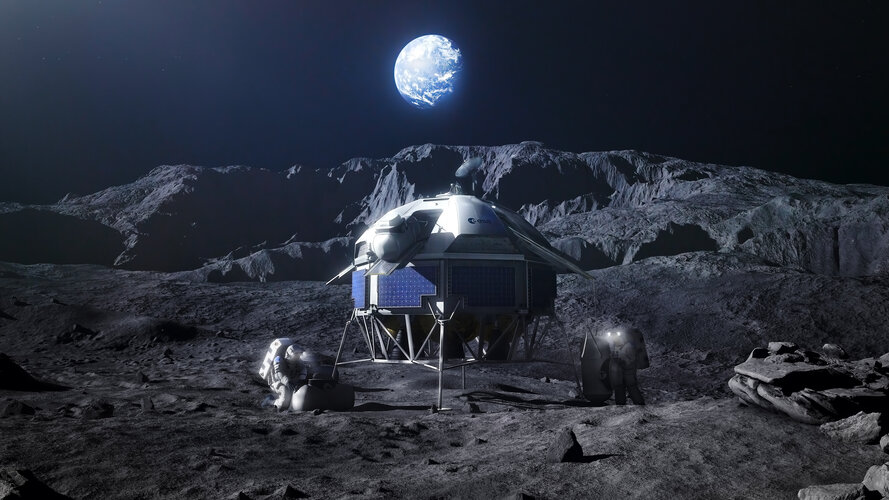
A team of students and researchers are using virtual reality (VR) to bring ESA’s Argonaut lunar lander concept to life at the European Astronaut Centre.
Argonaut is a lunar lander that will deliver scientific instruments and cargo to the Moon at the end of this decade. Interns and scientists involved in the simulations are part of ESA’s Extended Reality (XR) laboratory, German Aerospace Centre DLR and the Spaceship EAC initiative.
Our oceans are in hot water
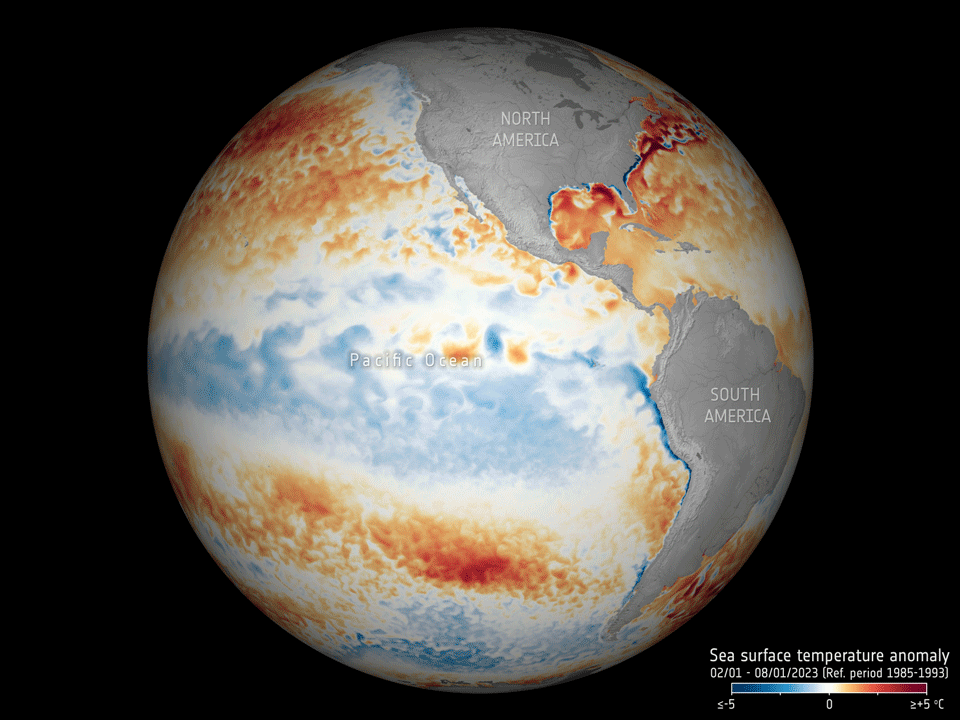
Adding to the grim list of record ice losses, record air temperatures and record droughts, which have all hit the headlines recently, the temperature of the surface waters of our oceans is also at an all-time high. With an El Niño looming, concerns are that we will soon be facing even worse extremes. Satellites orbiting overhead are being used to carefully track the patterns that lead up to El Niño to further understand and predict the consequences of this cyclic phenomenon against the backdrop of climate change.
US 'space symphony' puts stunning NASA images to music
 It could be the ultimate blend of art and science - a new seven-suite "space symphony" inspired and illustrated by NASA's latest mind-boggling images.
The world premiere outside Washington last week of "Cosmic Cycles" showcased vivid imagery compiled by the US space agency alongside the first-ever public performance of the music.
Henry Dehlinger, the symphony's American composer, descri
It could be the ultimate blend of art and science - a new seven-suite "space symphony" inspired and illustrated by NASA's latest mind-boggling images.
The world premiere outside Washington last week of "Cosmic Cycles" showcased vivid imagery compiled by the US space agency alongside the first-ever public performance of the music.
Henry Dehlinger, the symphony's American composer, descri AFRL, NASA partner with 8 universities for new mission concept program
 The Air Force Research Laboratory, or AFRL, and NASA announced their collaboration with eight universities for a new Mission Concept Program, or MCP, from Jan. 5 to Feb. 3, 2024. The program, sponsored by AFRL's Space Vehicles Directorate, is held under the University Nanosatellite Program, or UNP, which started in 1999 and has collaborated with over 40 universities since its inception.
Th
The Air Force Research Laboratory, or AFRL, and NASA announced their collaboration with eight universities for a new Mission Concept Program, or MCP, from Jan. 5 to Feb. 3, 2024. The program, sponsored by AFRL's Space Vehicles Directorate, is held under the University Nanosatellite Program, or UNP, which started in 1999 and has collaborated with over 40 universities since its inception.
Th When it comes to satellite data, sometimes more is more
 There are roughly 7,000 satellites whizzing around the Earth, scanning our planet's surface and generating hundreds of terabytes of data every day. These satellites are operated by many different governments and commercial entities and the data they produce are scattered across different stakeholders with different agendas, making it impossible for any single research team to leverage the full p
There are roughly 7,000 satellites whizzing around the Earth, scanning our planet's surface and generating hundreds of terabytes of data every day. These satellites are operated by many different governments and commercial entities and the data they produce are scattered across different stakeholders with different agendas, making it impossible for any single research team to leverage the full p Origami heat shield: reusable for reentries
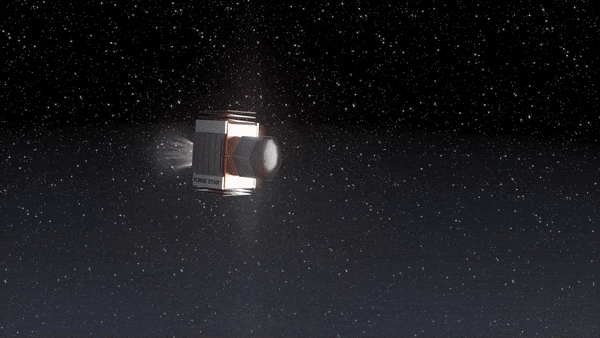 Image:
Origami heat shield: reusable for reentries
Image:
Origami heat shield: reusable for reentries What if all telecommunication satellites stopped?
 Let's take a walk down memory lane and take a look at the birth of satellites, why they are so critical to life on Earth today and what things would look like in a world without such connectivity enablers.
Even those who weren't born at the time, have all heard of Sputnik, the first satellite launched in October 1957. A small sphere of steel sent into space by the USSR during the cold war,
Let's take a walk down memory lane and take a look at the birth of satellites, why they are so critical to life on Earth today and what things would look like in a world without such connectivity enablers.
Even those who weren't born at the time, have all heard of Sputnik, the first satellite launched in October 1957. A small sphere of steel sent into space by the USSR during the cold war, Gogo LEO broadband service powers ahead
 Gogo Business Aviation's (NASDAQ: GOGO) global Low Earth Orbit (LEO) broadband service has gained momentum with significant program achievements by Gogo and strategic partners, OneWeb and Hughes Network Systems, LLC, an EchoStar (NASDAQ: SATS) Company.
Gogo's LEO satellite network provider, OneWeb, completed the launch of its LEO constellation with more than 588 satellites in orbit at the
Gogo Business Aviation's (NASDAQ: GOGO) global Low Earth Orbit (LEO) broadband service has gained momentum with significant program achievements by Gogo and strategic partners, OneWeb and Hughes Network Systems, LLC, an EchoStar (NASDAQ: SATS) Company.
Gogo's LEO satellite network provider, OneWeb, completed the launch of its LEO constellation with more than 588 satellites in orbit at the BlackGEM telescopes begin hunt for gravitational-wave sources at La Silla
 The BlackGEM array, consisting of three new telescopes located at ESO's La Silla Observatory, has begun operations. The telescopes will scan the southern sky to hunt down the cosmic events that produce gravitational waves, such as the mergers of neutron stars and black holes.
Some cataclysmic events in the Universe, such as the collision of black holes or neutron stars, create gravitationa
The BlackGEM array, consisting of three new telescopes located at ESO's La Silla Observatory, has begun operations. The telescopes will scan the southern sky to hunt down the cosmic events that produce gravitational waves, such as the mergers of neutron stars and black holes.
Some cataclysmic events in the Universe, such as the collision of black holes or neutron stars, create gravitationa 


